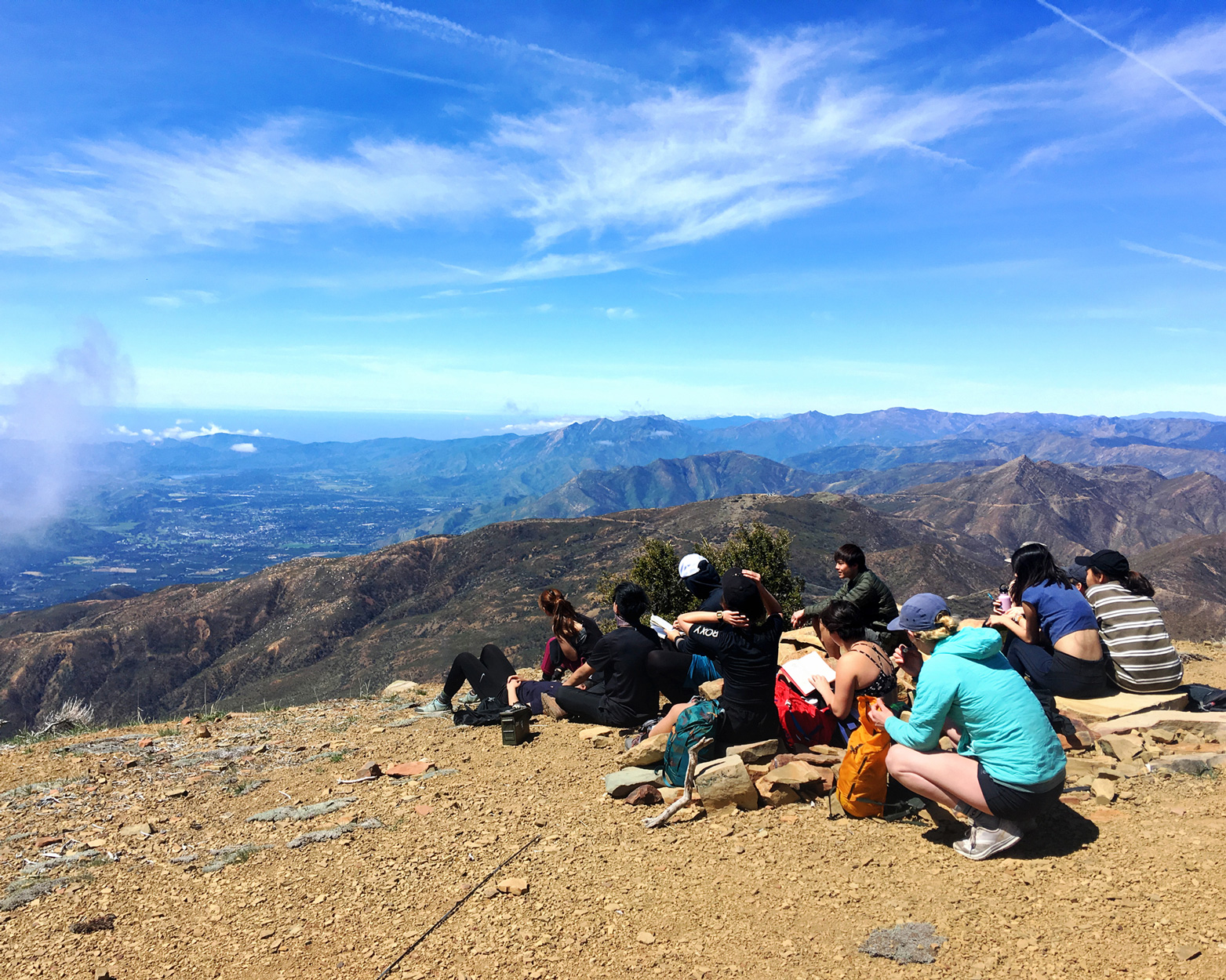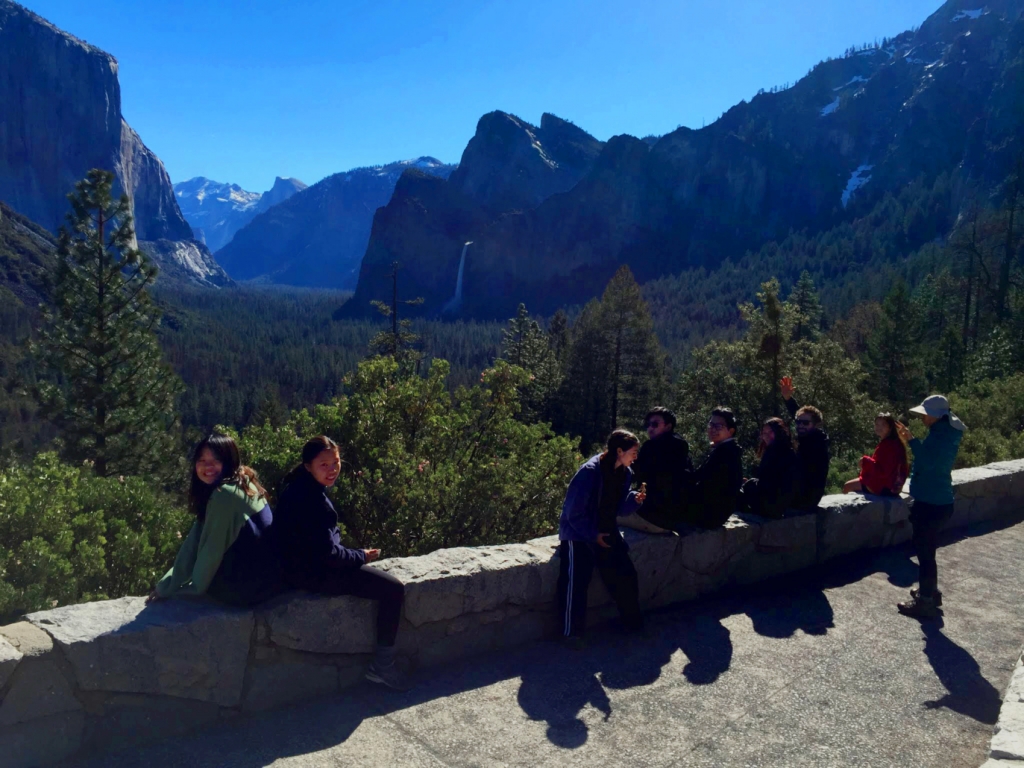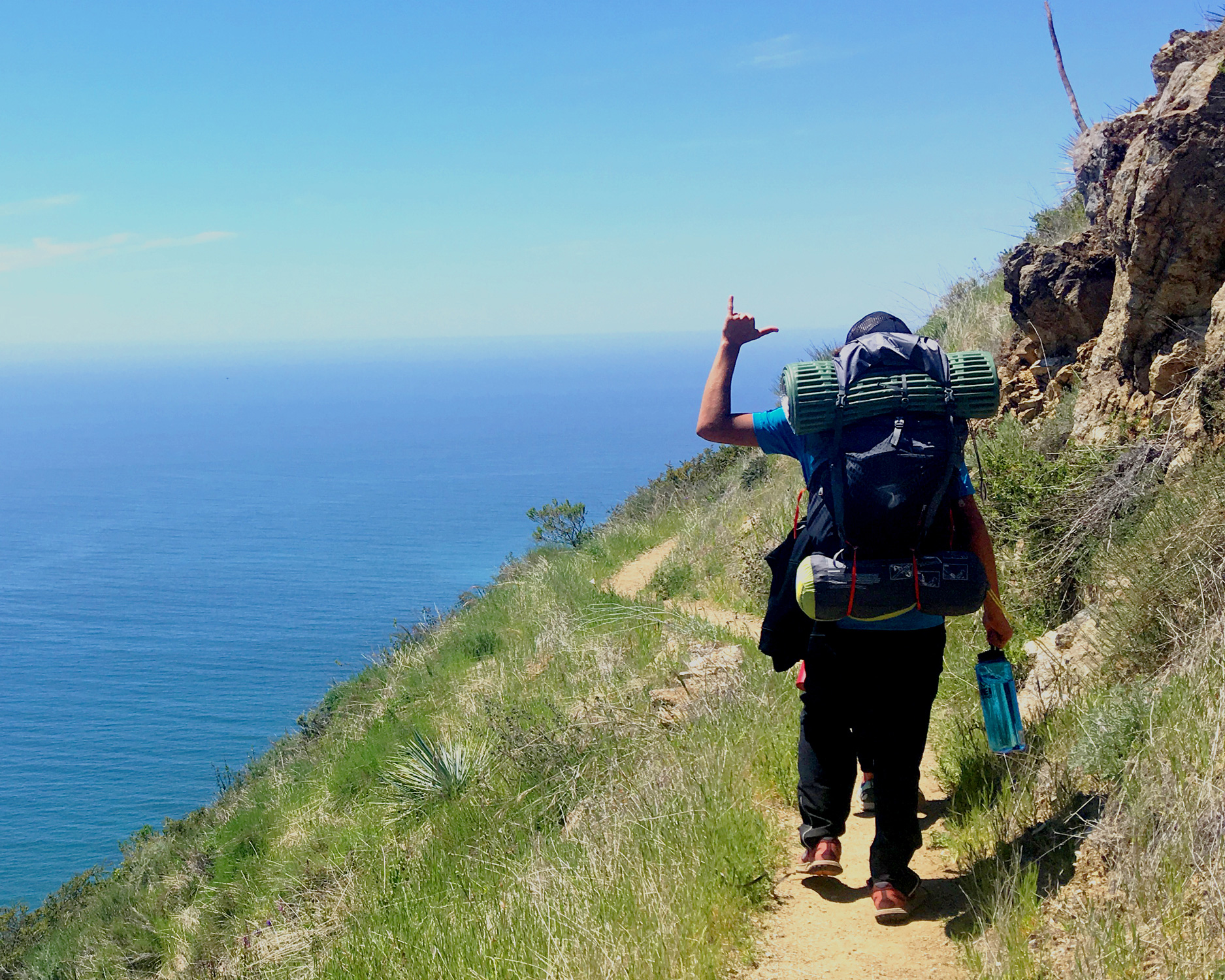Tying the Natural World to Education
Recent peer-reviewed education literature offers plenty of insight into teachable moments outside of the classical classroom environment, and how students benefit from individualized attention. A large portion of this research is somewhat expected. For many educators, the results of this research has been a part of their curriculum all along. Now, teachers are exploring ways to improve student attention spans, comprehension, and enthusiasm by teaching from the natural world. In fact, Google Trends reports over the past twelve months in California, Colorado, Maine, Nebraska and New Hampshire, the search query “Outdoor Education” is more popular than “STEM Education.”
Quite simply, some lessons are best reinforced by natural laws. In mathematics, students recognize patterns on an artichoke and study life sciences through direct discovery in labs. During each of these examples, students develop a basis to substantiate their textbooks with real life experiences. Students benefit from extending classroom principles to life skills when their school books lose their attention. For example, a student enrolled in a science class might learn about risk and how the brain evaluates consequences and probabilities. While the student might gain understanding about the psychology of risk taking, they may not be able to correlate the application into their daily life. Then take the student rock climbing, here they have direct exposure to consequence (falling- on a rope of course), and probability (the likelihood they might fall). The student has now applied the basis of risk into their personal behavior and potentially gained confidence from the experience.
Corporate Executives are also incorporating Outdoor Education and Leadership to their organizations’ internal programming at an increased rate over the past decade. According to Forbes Magazine, Patagonia (Ventura, CA), outdoor clothing and gear brand, founder Yvon Chouinard is estimated to be worth $1 billion. His background: fly fishing, rock climbing, sailing and surfing. In his book, Let My People Go Surfing, Chouinard explains the relevance of Outdoor Education to his professional development.
For some, the outdoors is not a new classroom. The National Outdoor Leadership School (NOLS) was founded in 1965 by Paul Pezoldt in Wyoming to teach environmental ethics, technical outdoor skills, wilderness medicine, risk management and leadership. Today, NOLS is contracted by the U.S. Navy SEALS and NASA to train their best personnel. The curriculum developed by NOLS is timeless and validates the relevance of the outdoor education in our industry.
Outdoor education is more than offering tents and sleeping bags to students eager to go backpacking. For an outdoor education program to be successful, it is important to place value on the experience of being self-sufficient as an inclusive group, having a high regard for environmental ethics, and most of all, the opportunity for students to self-reflect. It is through the self-reflection process that students are able to cement their observations into knowledge and stimulate personal-growth.
“Look deep into nature, and then you will understand everything better.” – Albert Einstein









 Besant Hill School
Besant Hill School Besant Hill School
Besant Hill School